Medical goods freight transportation is a specialized logistics sector that ensures the safe, fast, and efficient delivery of medical products. This includes a variety of items such as medications, medical equipment, laboratory supplies, sterile disposables, vaccines, and other essentials for the healthcare industry. Since medical goods are often sensitive to temperature, humidity, and vibrations, their transportation requires specific conditions and specialized equipment.
Key Aspects of Medical Goods Transportation:
Temperature Control:
Many medical products, especially vaccines and biological samples, require specific temperature ranges to maintain their effectiveness and safety. Specialized cold chain systems and technologies are employed during transport to ensure the temperature remains within the required range.
Sterility and Safety:
Medical goods are often sterile and highly susceptible to contamination. Transport containers and packaging are carefully designed to minimize contamination risks and maintain product safety.
Regulations and Compliance:
Transport must adhere to national and international regulations, such as EU directives, WHO standards, and Good Manufacturing Practices (GMP) guidelines. These ensure that medical products reach their destination in a safe and compliant condition.
Speed and Timeliness:
Many medical goods are time-sensitive, such as blood samples, organs for transplantation, and vaccines, necessitating fast and reliable delivery.
Monitoring and Tracking:
Advanced tracking technologies are used to ensure the safety and compliance of shipments. Real-time monitoring allows for tracking of temperature, humidity, and other critical conditions during transportation.
Types of Medical Goods Transportation:
Air Transport:
Ideal for rapid and long-distance delivery, especially for urgent and high-value products.
Road Transport:
Widely used for domestic deliveries, suitable for medium-distance transportation.
Sea Transport:
Suitable for bulk shipments of medical goods when delivery time is not critical, such as large orders destined for other continents.
Medical goods freight transportation is a vital part of the healthcare system, ensuring the safe and timely availability of medical supplies worldwide. The demand for these specialized services continues to grow as more healthcare institutions and populations require efficient and timely delivery of medical products.
Frequently Asked Questions

